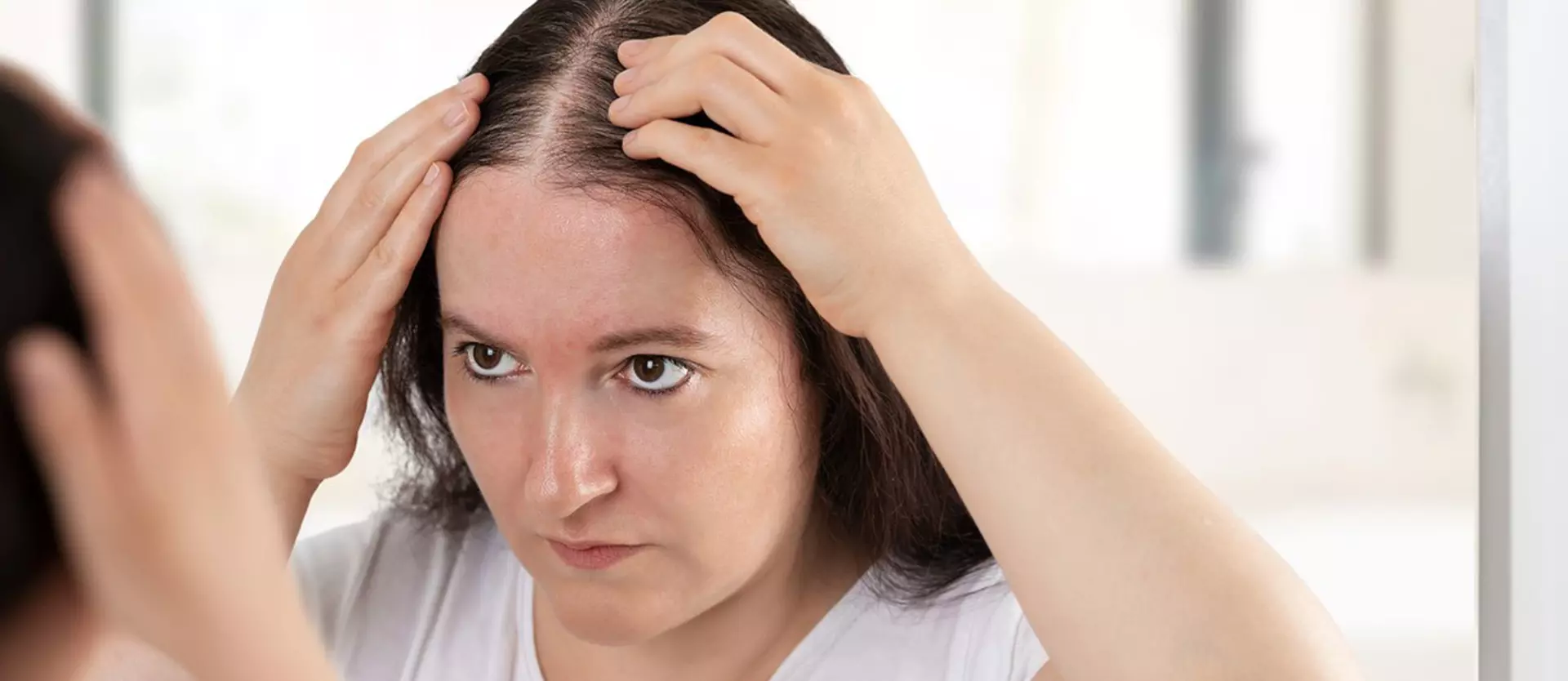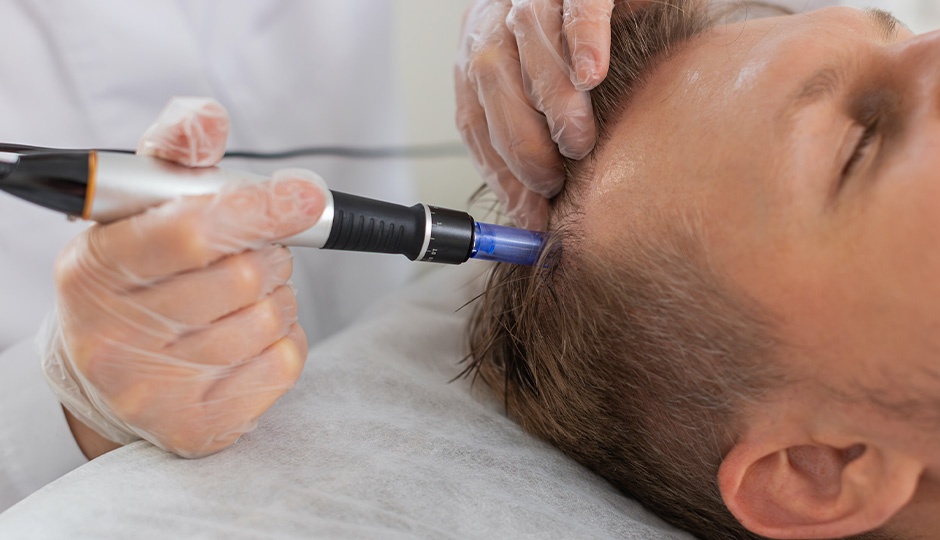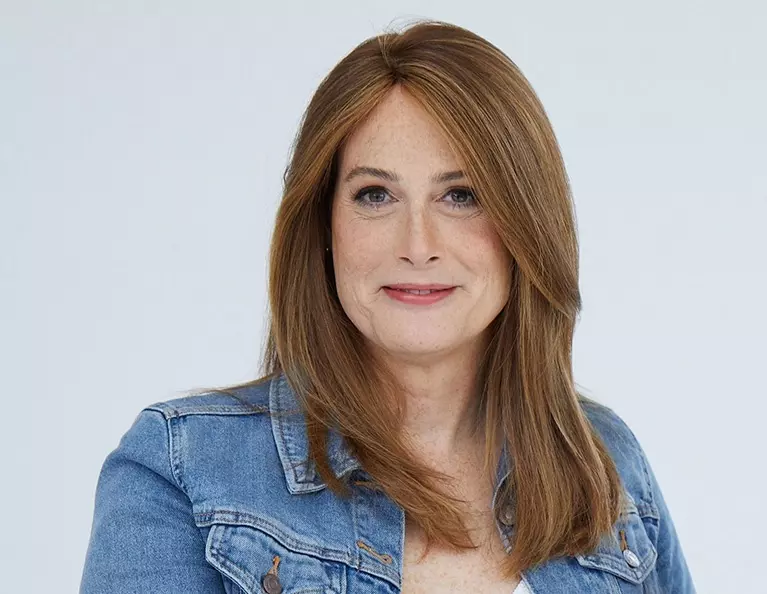There are all kinds of reasons why someone might lose their hair – either partially or fully. There are lots of types of alopecia, for instance, some of which we’ll mention in this article.
Yet the triggers for hair loss can vary for women compared to men. In this article, we’ll check out some of the more common triggers of female hair loss. Some can be avoided, but others can be signs that something is amiss that you should check out.
1: Weight Loss
If you’ve ever been on a diet, you may have noticed a change in your hair as well as your body. While losing weight is a good thing for many people, it can raise the risk of becoming deficient in certain nutrients. If this occurs, it could also lead to something called telogen effluvium.
Fortunately, this type of hair loss is temporary. If you notice you’re losing more hair than usual at the same time as you’re losing weight through dieting, take a closer look at what you’re eating. You might be missing some essential vitamins or minerals.
2: Thyroid Issues
We’ve written a blog specifically about this, so if you’re eager to know more, head over there to check it out. Thyroid issues can occur in anyone, but it’s way more common for women to develop thyroid imbalances than men.
According to research, women who have just had a child or who have reached menopause have a higher chance of developing issues with their thyroid. An underactive or overactive thyroid can lead to potential hair loss, which occurs all over the scalp rather than in specific areas. Receiving a diagnosis followed by treatment does typically lead to regrowth.
3: Female Pattern Baldness
Welcome to aging, which can affect many parts of our bodies. We’re used to hearing about male pattern baldness and seeing some guys losing their hair from their twenties or even their teens, but women can lose hair too if they experience female alopecia.
If your mom or other close female relatives experienced this, there is an increased chance you will too – although it’s not guaranteed. It’s called androgenetic alopecia and tends to result in the hair thinning all over the head rather than receding, as we see in guys.
4: A Change in Hormones
This could be due to pregnancy or to menopause. In both cases, hormonal hair loss is caused by the change in the balance of hormones a woman experiences. Estrogen is usually to blame for this. When a woman gives birth, the levels of estrogen in her body will drop, potentially causing a loss of hair in the months immediately following childbirth. It should grow back in time though, so if it doesn’t, see your healthcare provider to see whether there might be another reason.
5: Certain Hairstyles
Most people recognize the word alopecia, but traction alopecia is far less well-known. Women tend to style their hair far more than men, so they’re at greater risk of this than guys are. Traction alopecia is so called because it occurs when greater tension is placed on the hair. For example, if you regularly tie your hair back in a ponytail or braid it, you’ll be at greater risk of developing traction alopecia.
This causes hair loss in the areas where the hair is pulled tight. If you notice bald patches or thinner patches of hair in relevant areas, it’s time to change your styling habits.
Gaining Clues From Your Hair
If you’ve noticed some hair loss and you’re looking for hair loss solutions, the best bet is to consider whether any of the above reasons might be the culprit. In some cases, the type of hair loss can provide a clue. For example, we’ve seen how diffuse hair loss from across the head is associated with thyroid issues among other things. Hair loss that occurs in areas where the hair is pulled back or held with a slide suggests it is down to styling rather than a medical issue.
Of course, a hair professional can also provide advice, enabling you to make the most of your hair even if you are experiencing some temporary hair loss. You can’t beat expert advice for helping you look and feel at your best.
If you are a woman experiencing hair loss and would like more information, contact the team at Unique Hair Concepts for a complimentary, in-person consultation.






